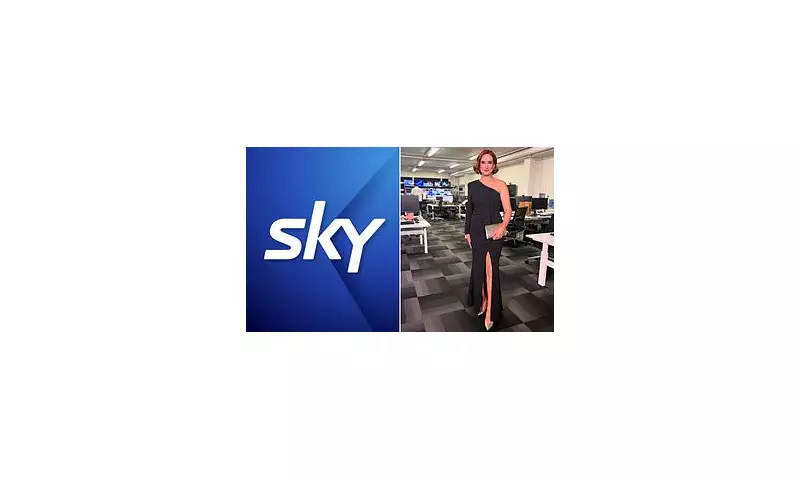
In a move that has left the television industry reeling, a prominent free-to-air network has been sold in a surprise deal, sparking widespread speculation about the future of broadcasting.
Insiders describe the sale as a seismic shift in the media landscape, with many questioning the implications for viewers and employees alike. The sudden nature of the transaction has raised eyebrows, with industry experts scrambling to understand the motivations behind the deal.
What This Means for Viewers
The acquisition could signal significant changes to programming schedules, advertising strategies, and even the network's on-air talent. Longtime fans of the channel are left wondering whether their favourite shows will survive the transition.
Industry Reactions
Media analysts are divided on whether this represents a bold new direction for free-to-air television or the beginning of a worrying trend. Some see it as an inevitable consolidation in an increasingly competitive market, while others fear it may lead to reduced diversity in broadcasting.
One veteran producer, who wished to remain anonymous, told us: "This changes everything. We're entering uncharted territory here - the rules of the game have fundamentally shifted."
The Future of Free-to-Air TV
With streaming services continuing to dominate viewer attention, this sale raises important questions about the role of traditional television in the digital age. Will this move help the network compete, or is it a sign of surrender in the battle for audiences?
As details of the deal continue to emerge, the entire industry will be watching closely to see how this dramatic development plays out in the coming months.





